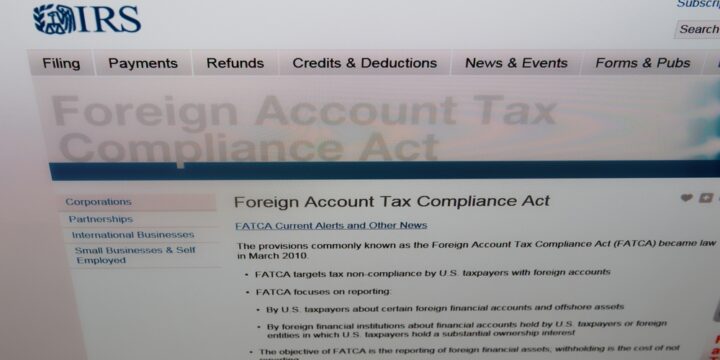
The IRS Makes Significant Changes to Schedule H of Form 5471
By Anthony Diosdi Recently, the Internal Revenue Service (“IRS”) issued a draft of a new Schedule H for Form 5471. Schedule H is used to report a controlled foreign corporation’s (“CFCs”) current earnings and profits (“E&P”). Category 4 and Category 5 filers are required to attach a Schedule H to their Form 5471. A Category 4 filer is a U.S. person who had “control” of a CFC for an uninterrupted period of at least 30 days during the foreign corporation’s annual accounting period. Control for purposes of Category 4 is defined as more than 50 percent of voting power or value utilizing the attribution rules of Section 958. A Category 5 filer is a U.S. person who is a ten percent or greater shareholder in a corporation that was a…








